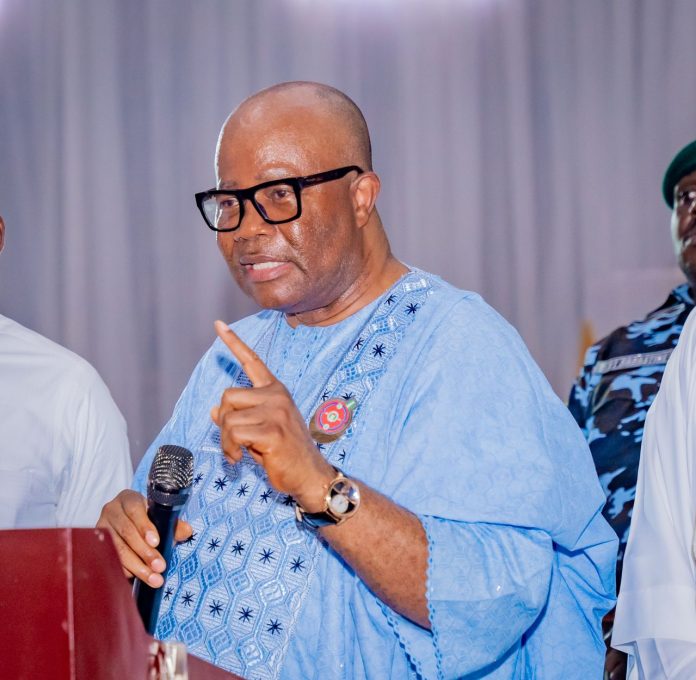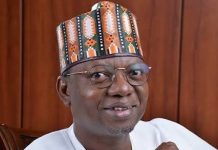In a spirited defense of the 10th Senate, Ahmed Tijani Mustafa, Special Assistant on New Media to Senate President Godswill Obot Akpabio, has addressed criticisms labeling the 10th assembly as a mere extension of the executive branch. Mustafa’s comments came amid a wave of public opinion suggesting that the 10th Assembly is failing to act independently.
“I have read a lot of commentary in the last few days that have attempted to paint the 10th Assembly, ably led by Senator Akpabio, as a rubber stamp extension of the executive. Nothing can be farther away from the truth than this,” Mustafa stated emphatically.
He argued that many Nigerians have a misguided perception of what a functioning National Assembly should be like, often expecting it to constantly clash with the executive branch.
According to Mustafa, these expectations are shaped by past experiences of a tumultuous National Assembly, which often neglected its legislative and appropriative duties in favor of political grandstanding and obstruction.
Mustafa highlighted that a key role of the National Assembly is to provide checks and balances to the executive.
He cited the recent rejection of ministerial nominees Nasri El-Rufai, Stella Okotete, and Sani Danladi over delayed security clearances as evidence of the Senate fulfilling its duty without creating unnecessary conflict.
He recalled the chaotic history of the National Assembly, mentioning instances of leadership changes, members being locked out, and even physically scaling fences to gain access to chambers. Such events, he said, have conditioned the public to view a cooperative and issue-based Assembly as ineffective.
“Our psyche has been damaged so much so that a coordinated and issue-based National Assembly is now seen as inactive,” Mustafa observed.
He stressed the importance of recognizing that Nigeria’s democracy has evolved, and what once seemed normal—such as governors being removed without proper impeachment proceedings—should no longer be acceptable.
Mustafa emphasized the necessity of fostering bipartisan relationships within the National Assembly for the nation’s benefit, urging the public to support a harmonious working relationship between the legislative and executive branches.
He lauded the 9th Assembly under Senator Ahmed Lawan for setting a standard of decorum and stated that the 10th Assembly under Senator Akpabio is building on that foundation.
“Our democracy is finally coming of age and we should be excited,” Mustafa concluded.
Ahmed Tijani Mustafa’s remarks reflect a call for a more mature and collaborative political environment in Nigeria, emphasizing that progress and effective governance require a departure from the contentious politics of the past.













